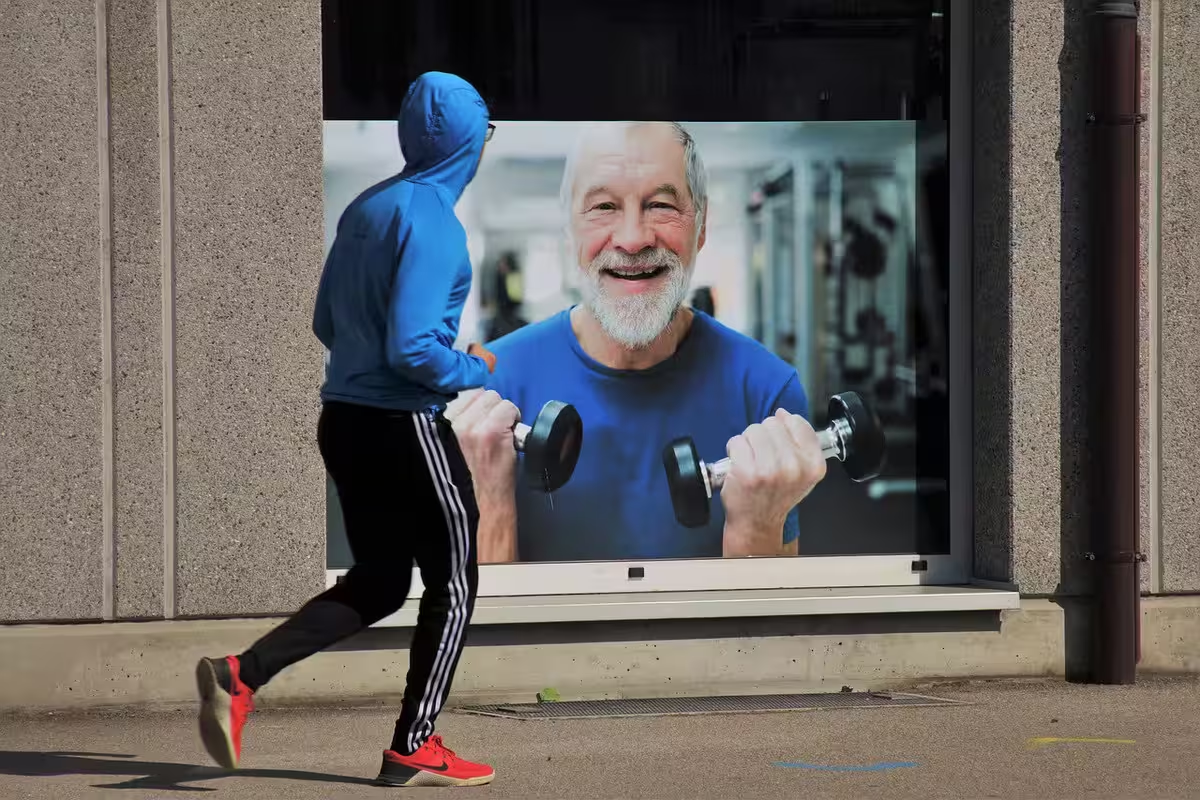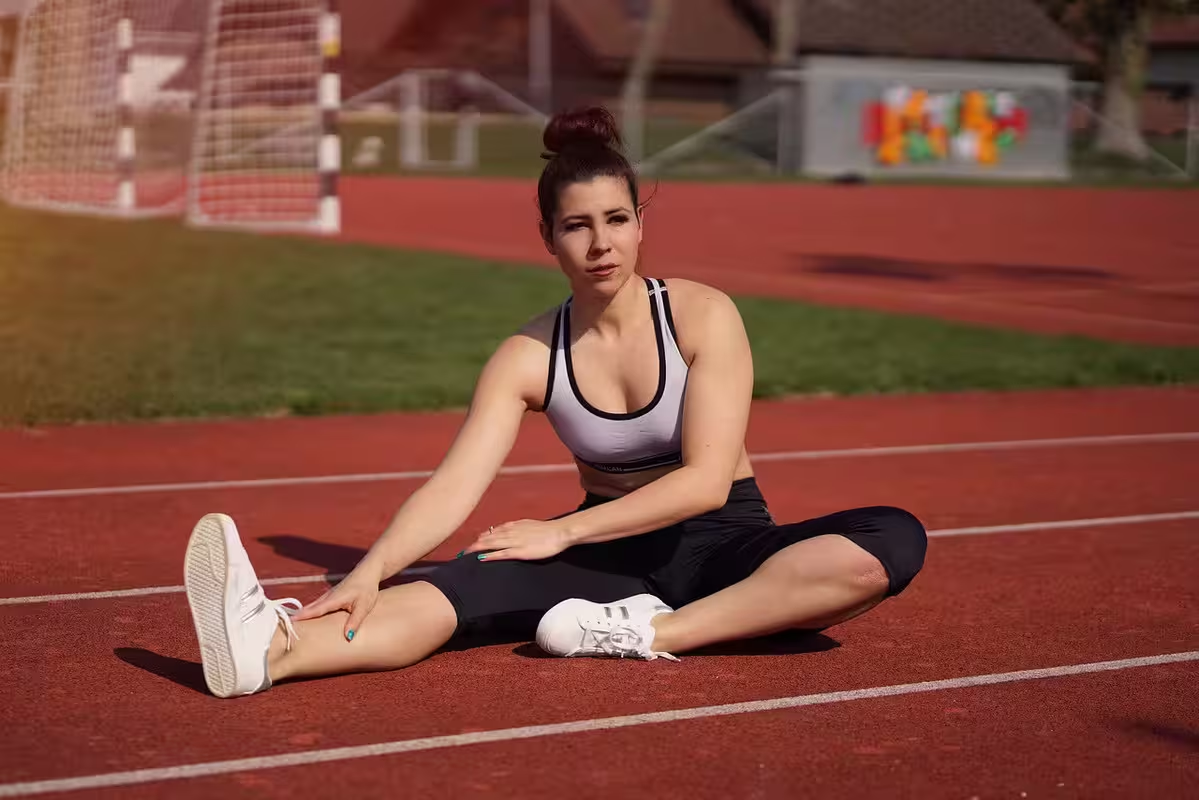More

The Psychology of Strength Training: Staying Motivated
Feb 22, 2024
Dance-Based Cardio: From Zumba to Ballet
Dec 03, 2023
Maintaining a Healthy Diet While Dining Out
Feb 20, 2024
Advertisement
Vegetarian Recipes for Fitness Enthusiasts
Introduction
As more people adopt
vegetarian diets for health, ethical, or environmental reasons, the demand for delicious and
nutritious vegetarian recipes is on the rise. For fitness enthusiasts, maintaining a balanced
diet rich in plant-based proteins, vitamins, and minerals is essential for supporting energy
levels, muscle recovery, and overall well-being. In this article, we'll explore a variety of
vegetarian recipes tailored specifically for fitness enthusiasts, ensuring they get the
nutrients they need to fuel their active lifestyles.
1. Understanding Vegetarian
Nutrition
Definition and Characteristics
- Vegetarian Diet: A vegetarian diet
excludes meat, poultry, and seafood, but may include dairy products and eggs depending on the
individual's preferences.
- Key Characteristics: Vegetarian diets are typically rich in
fruits, vegetables, whole grains, legumes, nuts, and seeds, providing ample fiber, vitamins,
minerals, and phytonutrients.
Evaluation Criteria
- Protein Content: Fitness
enthusiasts require adequate protein for muscle repair and growth. Plant-based sources of
protein include tofu, tempeh, lentils, chickpeas, quinoa, and nuts.
- Micronutrient Density:
Vegetarian recipes should incorporate a variety of colorful fruits and vegetables to ensure a
diverse array of vitamins and minerals, such as vitamin C, iron, calcium, and magnesium.
-
Balanced Macronutrient Profile: A balanced vegetarian diet should include a mix of
carbohydrates, proteins, and healthy fats to support sustained energy levels and optimize
performance during workouts.
2. Delicious Vegetarian Recipes for Fitness
Enthusiasts
High-Protein Smoothie Bowl
- Ingredients: Frozen mixed berries,
banana, spinach, protein powder (pea, soy, or hemp), almond milk, chia seeds, granola, sliced
almonds.
- Instructions: Blend berries, banana, spinach, protein powder, and almond milk
until smooth. Pour into a bowl and top with chia seeds, granola, and sliced
almonds.
Quinoa and Black Bean Salad
- Ingredients: Cooked quinoa, black beans,
cherry tomatoes, cucumber, red onion, bell pepper, cilantro, lime juice, olive oil, cumin, salt,
pepper.
- Instructions: In a large bowl, combine cooked quinoa, black beans, cherry tomatoes,
cucumber, red onion, and bell pepper. In a small bowl, whisk together lime juice, olive oil,
cumin, salt, and pepper. Pour dressing over salad and toss to combine. Garnish with fresh
cilantro.
Conclusion
Incorporating vegetarian recipes into your fitness regimen is
a delicious and nutritious way to support your health and fitness goals. By focusing on
plant-based proteins, colorful fruits and vegetables, and balanced macronutrients, you can fuel
your body for optimal performance and recovery. Experiment with different ingredients and
flavors to find the recipes that best suit your taste preferences and dietary
needs.
FAQs
1. Can I meet my protein needs on a vegetarian diet?
- Absolutely!
Plant-based sources of protein such as tofu, tempeh, legumes, and nuts are rich in protein and
can easily meet the needs of fitness enthusiasts. Additionally, incorporating a variety of
protein sources throughout the day ensures you get all the essential amino acids your body
needs.
2. How can I ensure I'm getting enough iron and other essential nutrients on a
vegetarian diet?
- Consuming a diverse array of fruits, vegetables, whole grains, legumes,
nuts, and seeds is key to meeting your nutrient needs on a vegetarian diet. Foods rich in iron
include leafy greens, lentils, beans, fortified cereals, and tofu. Pairing iron-rich foods with
vitamin C-rich foods can enhance iron absorption.



